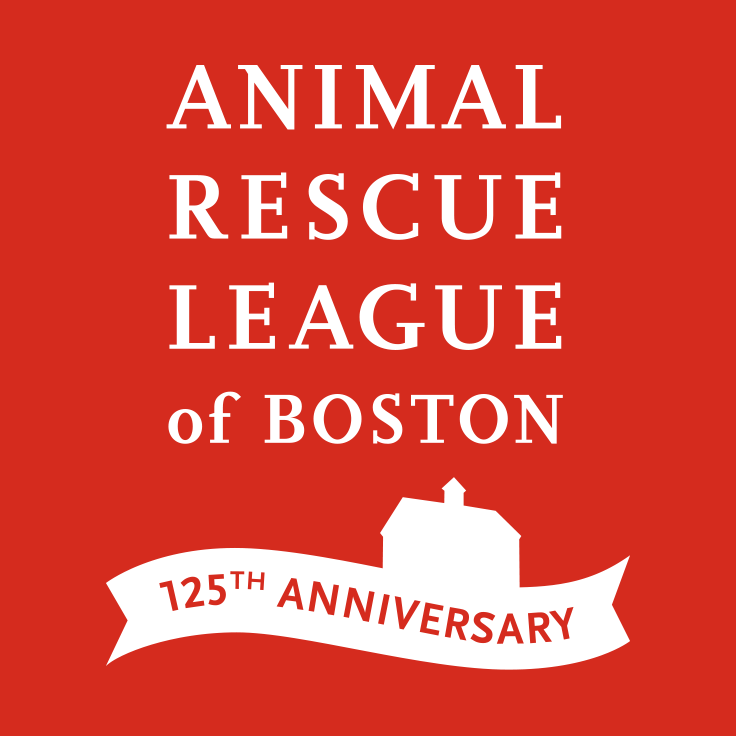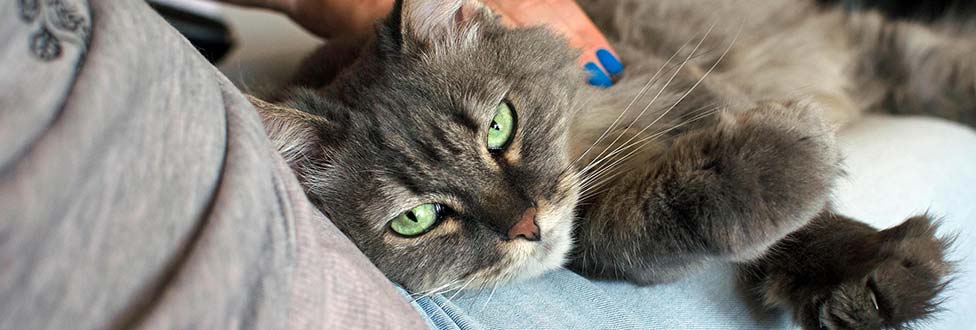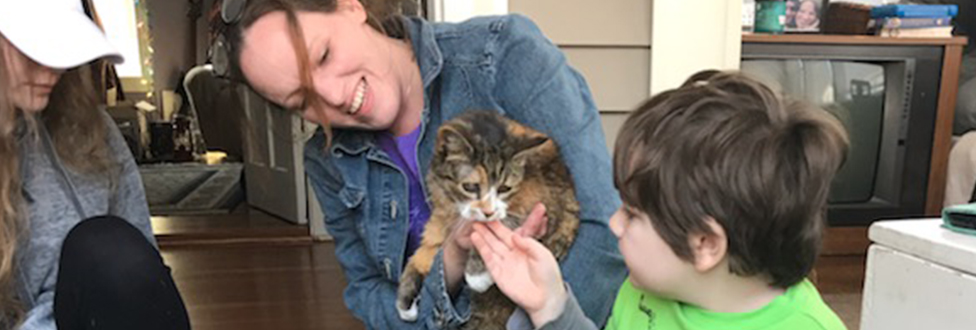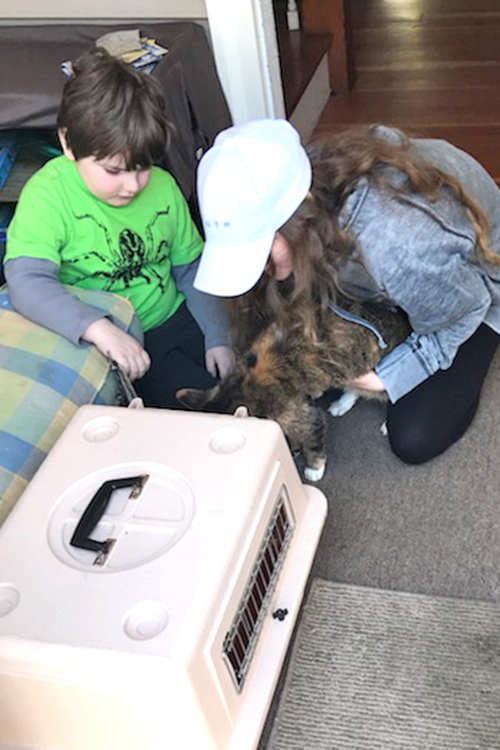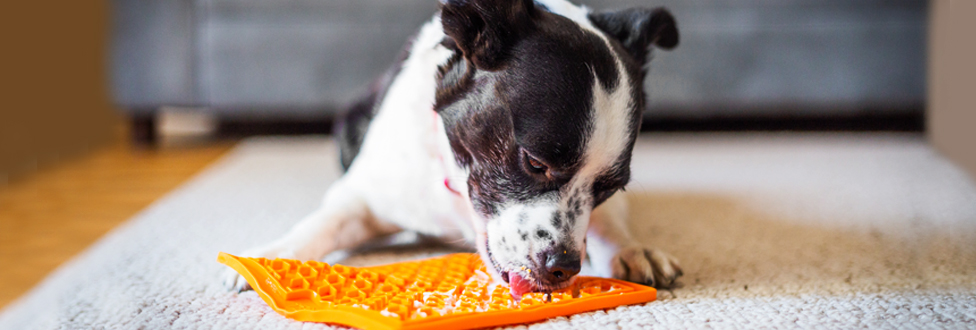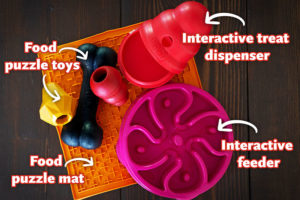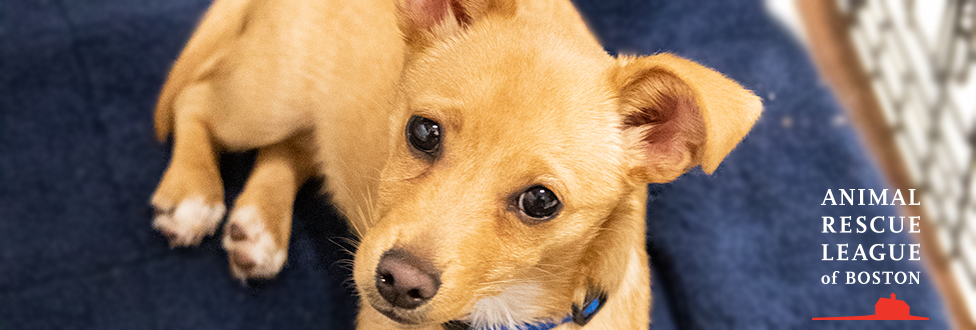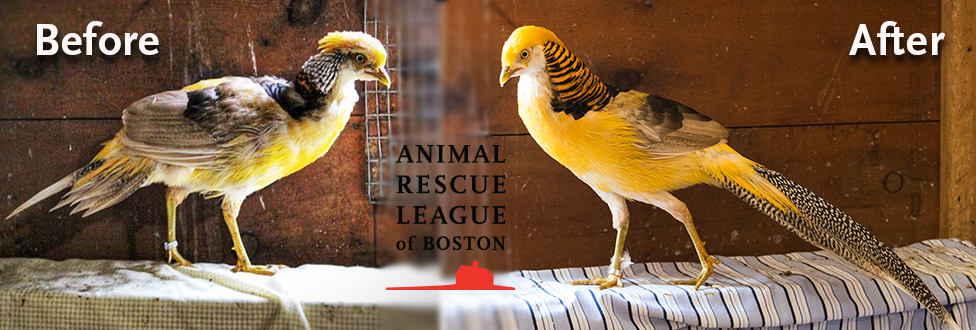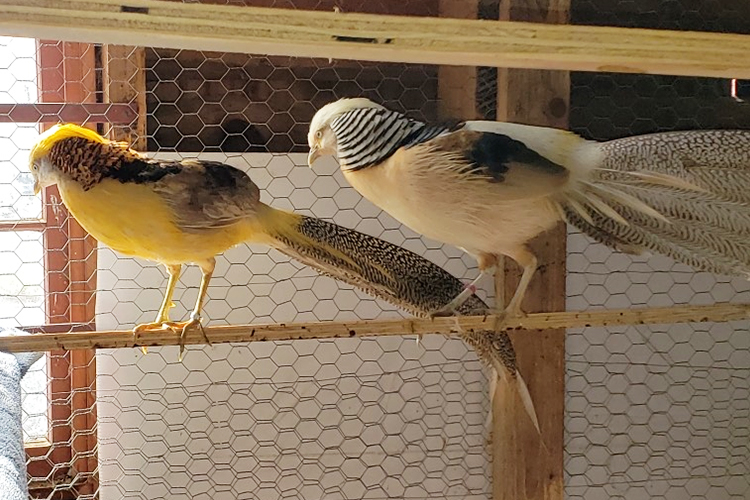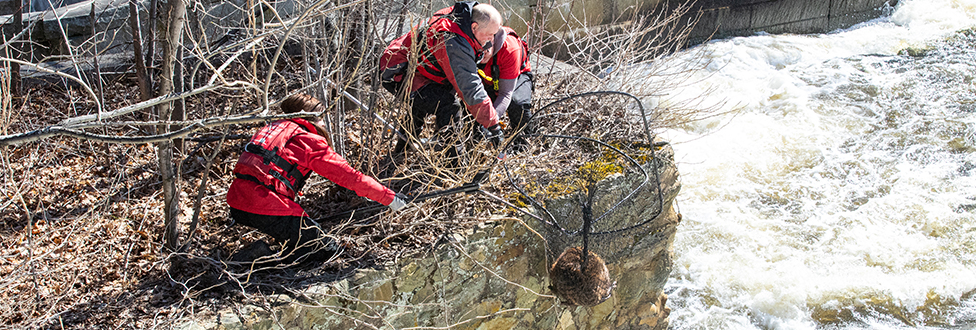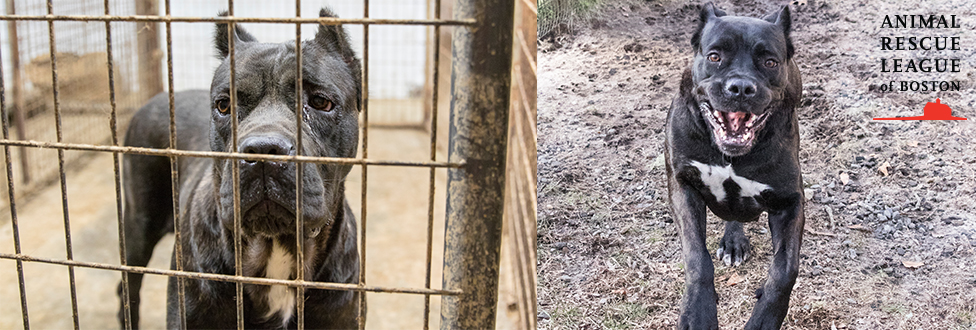ARL’s Pet Behavior Helpline
Your Top 10 Questions During the COVID-19 Pandemic
The Animal Rescue League of Boston (ARL) is committed to keeping animals safe and healthy in their homes, and offers a free service to ensure that owners are providing the best care possible for the pets we love.
ARL’s Pet Behavior Helpline is a convenient and reliable resource for behavioral and health-related questions you may have regarding your pet.
We’re all spending more time at home during the COVID-19 outbreak, and over the past several weeks ARL has received a number of questions from concerned prospective or current pet owners.
We have answers from ARL’s Animal Behavior Manager Laney Nee for the top 10 questions, and here are the first five!
Q: “We don’t have a pet, but my kids want one. Does ARL have any resources for kids that I can refer to on pet ownership and responsibilities of owning a pet? Since they are home, I would like to take the time to teach them.”
A: It’s important to set yourself up for success when choosing the right pet for your family, do your research and be sure to welcome a pet that fits easily into your daily routine.
Assess your daily life (outside of COVID-19 restrictions) and decide what type of pet would be the best fit for you and your family’s schedule— including a plan for summer travel and holiday gatherings.
In addition, though this is a way to show responsibility to a child, it is also important to be realistic about that expectation as well—be sure to choose a pet that the entire family can care for in case that particular child is not able to continue basic care.
Q: “How do I get two cats to get along?! We’ve contemplated getting our gal a friend.”
A: A great question. When adopting a second cat, it is crucial to consider what your cat at home enjoys doing and what their personality is like.
You want it to be a good match for your cat from the start. For example, if your cat loves to play, you’ll probably want to consider a cat who will want to play with them. Once you find the right match, it is important to do a slow introduction when your new kitty gets home. Often times, having the two cats meet right away can cause issues between them from the start.
Remember, your cat at home needs time to adjust to having a new sibling, and your new kitty will be stressed moving into a new home that is unfamiliar to them, so baby steps are the key to success!
Baby steps include:
- Keeping cats separate for a few days at least
- Keep food for both cats at door separating them – this shows the cats that coming together is a happy experience i.e. food!
- Switch the cat’s locations after a few days so they can investigate the scent of the other
- Play with the cats near the door separating them – they may play paws under the door with one another (adorable)
- If these measures don’t induce hissing or growling, slowly take the next step to introduce the cats by sight
- Take it slow!!
Q: “Why is my cat biting all the time? Even when she comes to cuddle?”
A: Cats can bite for a number of different reasons, but regardless of what that reason is, it is an attempt to communicate something to you.
Please reach out to us through our Free Pet Behavior Helpline with additional details for us to help explain what she might be trying to communicate specifically to you.
Q: “When I am walking my new puppy, people tend to want to approach us to say hi and pet her. What is the best way to social distance myself from the public when I am out walking?”
A: What you can do is simply say that ‘we are practicing social distancing’ and continue walking.
Right after you say that phrase, immediately offer your puppy a high-value treat to redirect her attention to you.
In terms of decreased socialization during social distancing, my advice is to really stick with the basics at home, develop a schedule to help create a solid foundation for your puppy including practicing basic cues.
Q: “Will my dog get overly comfortable with me being home/no separation? What are some tips to help them through this?”
A: Though your pet is very happy to have you home every day, you may start to see some anxiety and stress develop in them during these times of having the entire family home. These signs of anxiety or stress are likely caused by a change in their everyday routine.
Routine is key for any pet — including cats and dogs — so there may be some adjustments necessary on both ends of this crisis, meaning an adjustment period when you are ‘all of a sudden’ home every day and another adjustment period when you go back to your daily routine again (leaving the house to go to work).
One great thing to do for dogs is to develop some new skills while you’re home, for example, if your dog has never adjusted to a crate, consider crate training to give them some time separated from you while he enjoys a delicious bone or stuffed Kong®.
If your dog is used to relaxing wherever they want, consider teaching them a ‘place’ cue to help them stay on their bed or mat for an extended period of time.
For cats, you can create playtime and feeding routines to help them get acquainted with a schedule that can be transitioned to when you go back to your daily routine again.
Thank you once again to ARL’s Animal Behavior Manager Laney Nee for providing her expertise on these questions, click here to read PART II.
ARL FREE Pet Behavior Helpline
ARL’s Pet Behavior Helpline is a FREE service, and can answer basic behavioral questions about your pet, such as excessive barking, crate training, house soiling, or if you are looking for ways to stave off your pet’s boredom.
If you have questions, please call the Pet Behavior Helpline at (617) 226-5666 or via email behaviorhelpline@arlboston.org and an ARL representative will get back to you within 48 hours.
